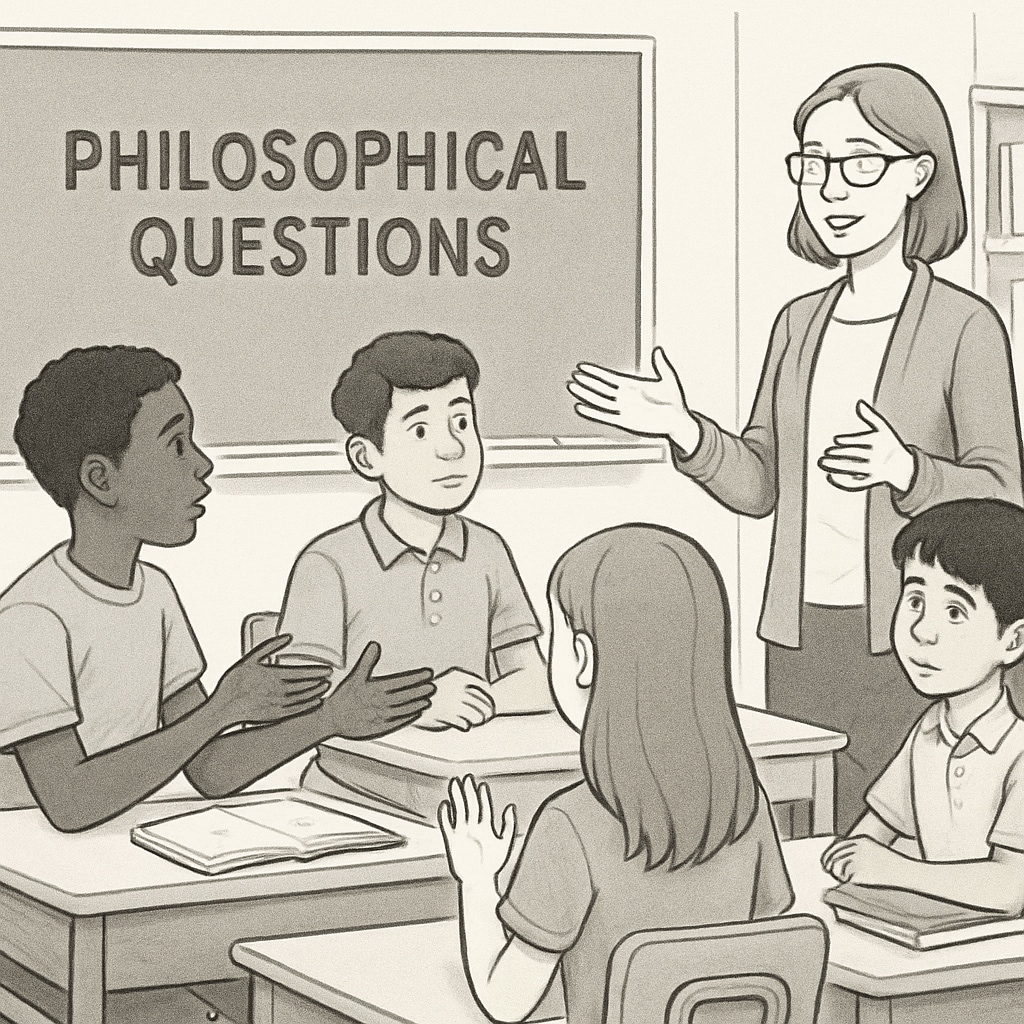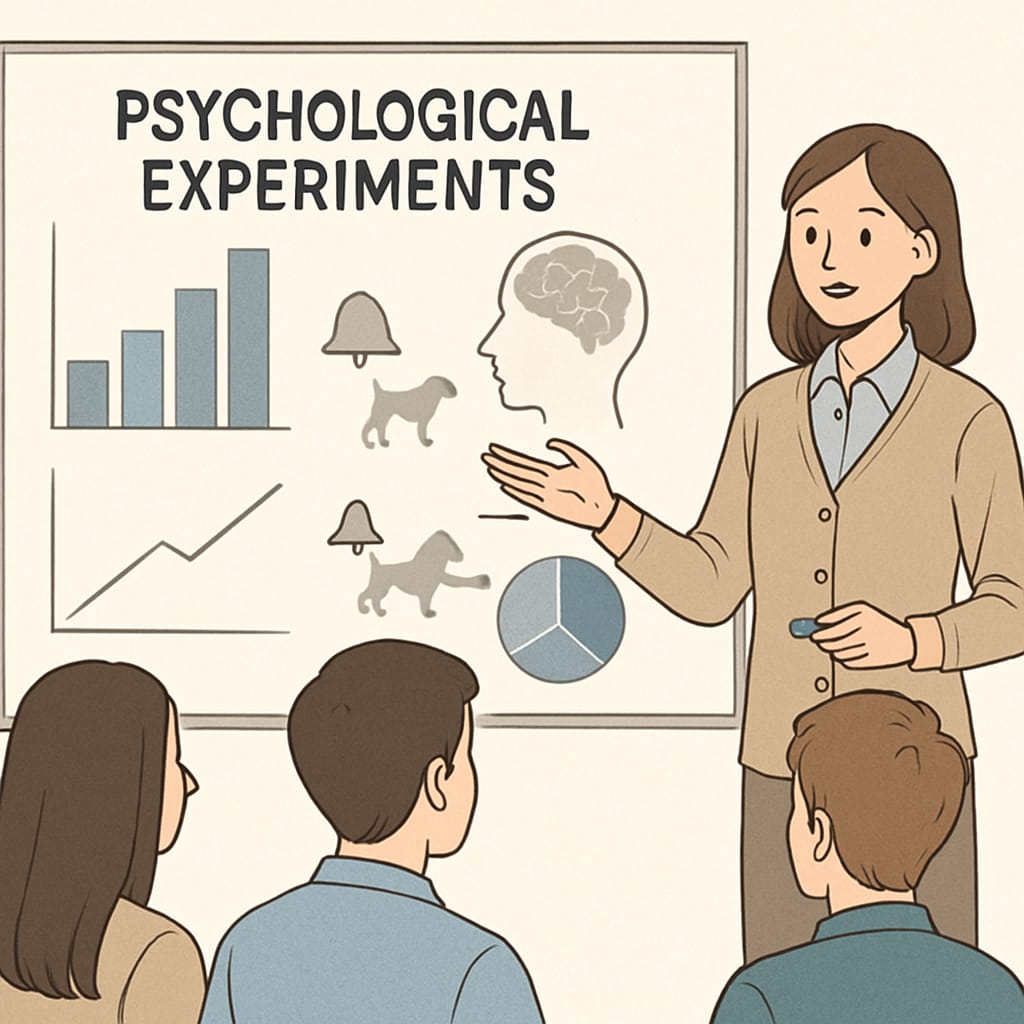Psychology, philosophy, and interest-based learning are transformative tools that can help K12 students broaden their intellectual horizons and cultivate critical thinking. Introducing these disciplines at an early age not only sparks curiosity but also lays the foundation for lifelong learning. By weaving psychology and philosophy into the K12 experience, educators can inspire students to explore profound questions about human behavior, ethics, and the nature of knowledge.
Why Introduce Psychology and Philosophy in K12 Education?
Psychology and philosophy are often perceived as advanced academic disciplines, but their core concepts are accessible and highly relevant to young learners. These fields encourage students to question assumptions, analyze ideas, and understand both themselves and the world around them. For example:
- Psychology: Helps students explore how the brain works, why people behave the way they do, and how emotions influence decisions.
- Philosophy: Encourages students to think critically about ethical dilemmas, the meaning of life, and the nature of knowledge and truth.
By introducing such topics early, educators can nurture a generation of thoughtful, empathetic, and analytical thinkers. According to the Encyclopedia Britannica, psychology provides insights into human behavior that are invaluable in education, while philosophy fosters skills in reasoning and argumentation.

Practical Approaches to Teaching Psychology and Philosophy
Engaging K12 students in these subjects requires creativity and a focus on practical, age-appropriate methods. Here are some effective approaches:
- Interactive Activities: Role-playing games, thought experiments, and ethical dilemmas can make abstract concepts tangible and relatable.
- Reading Programs: Introduce accessible texts, such as “Sophie’s World” by Jostein Gaarder for philosophy or “Emotions and the Brain” for simplified psychology.
- Discussion Circles: Create a space for students to discuss open-ended questions like “What is happiness?” or “Why do people dream?”
- Project-Based Learning: Encourage students to design surveys or experiments to explore psychological theories and present their findings.
In addition, leveraging multimedia resources such as TED-Ed videos on psychology and philosophy can further engage students. For example, the TED-Ed lesson on the “Trolley Problem” introduces ethical reasoning in an engaging format.

Fostering Lifelong Curiosity Through Interest-Based Learning
Interest-based learning is key to making psychology and philosophy resonate with K12 students. When lessons connect to their everyday lives, students are more likely to stay engaged and curious. For instance:
- Relate to Real Life: Discuss how psychological principles apply to friendships, emotions, or social media behavior.
- Encourage Questions: Let students pose their own philosophical or psychological questions and guide them in finding answers.
- Celebrate Diversity: Explore philosophical traditions and psychological studies from different cultures to highlight diverse perspectives.
As Wikipedia’s entry on philosophy notes, this discipline’s strength lies in its ability to provoke thought and challenge perspectives. Similarly, interest-based learning transforms education into a collaborative journey, where students and educators explore ideas together.
By fostering an environment of curiosity, educators can inspire students to continue exploring these fields beyond the classroom. This approach not only builds critical thinking skills but also prepares students to navigate a complex world with confidence and empathy.
Readability guidance: Use short paragraphs and lists to summarize key points. Ensure the content is accessible and engaging for educators and students alike. Distribute transition words evenly to maintain flow and coherence.


